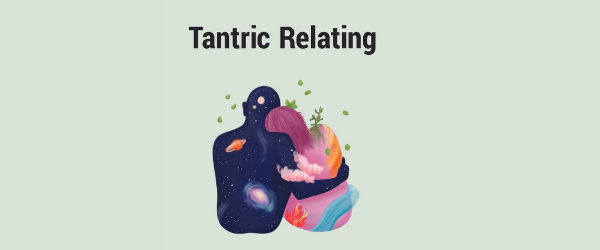
19 Jan Permission to Be Unkind
We all say things we wish we hadn’t. Maybe we’re a little more curt or not as kind as we would like to be. Perhaps we realize we’ve just been sarcastic or cutting. Sometimes we don’t realize our part until later when we’re wondering how a fight got started. When it’s been with a person you’re close to, it’s good to check in and see, “Is that something I’d say to my boss, coworker, or friend?” If it’s not, it’s important to admit that you gave yourself permission to be unkind
This is normally when someone responds, “Well, I couldn’t help it,” or “I was all stressed out,” or “The other person was being a @#&.” The fact is, nearly everyone has the ability to not say out-of-control comments to people in authority. We would take care to never talk rudely to our boss, for example. We edit ourselves for police and in social situations, so this idea that “I couldn’t help it” really doesn’t hold weight.
Getting over giving ourselves permission to be unkind is an inside job. It’s not about the other person and that what they’ve done is irritating or triggering. It’s “Do I want to grow myself up so I’m not a person who gives myself permission to say any old unkind thing?” This is an internal decision about raising your own standards of behavior for yourself. You want to take responsibility so that these mean statements don’t stick and have a permanent effect on your relationship, and the other person isn’t injured because you spouted off
There are certain things that only an intimate partnership brings up. You can work on improving yourself diligently, but as soon as you get into a relationship, boom, your neglected inner child comes out. Sometimes we might feel like letting ourselves go and acting like a two-year-old because of our past. This may be a challenge, especially if you grew up in a sometimes-unkind home, but it’s worth the effort to change because you become a person who never speaks hurtfully.
There’s the added fact that when you let yourself go and say inconsiderate things, terrible self-esteem follows, and in a way that’s right because why should we feel good about less-than-loving behavior? It’s time then to remind yourself that even if you’re not perfect, you’re working hard at becoming as kind and compassionate as you aspire to be. This kind of personal work is advantageous for you, your partner, your relationship, and the greater community. The whole world benefits from kind, evolving people and happy couples.
© 2022 Catherine Auman
This is an excerpt from Catherine Auman’s book, Tantric Relating: Relationship Advice to Find and Keep Sex, Love and Romance. This book is the third title in the Tantric Mastery Series. Check it out!


Sorry, the comment form is closed at this time.